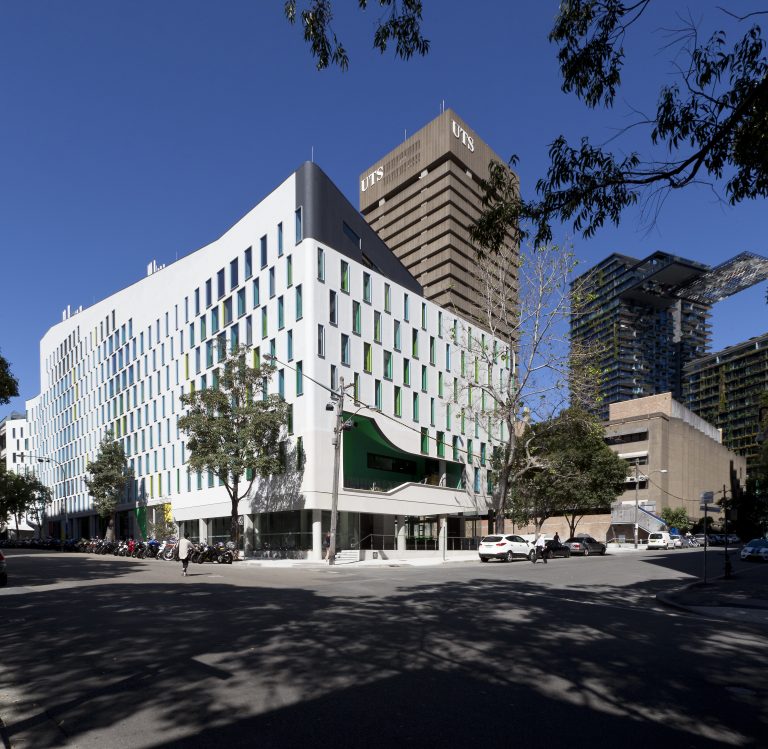
In August, Australia will be celebrating its annual “National Science Week”.
The week recognises the contributions of Australian scientists to scientific knowledge and encourages the whole community to take an interest in science. It features more than 1000 events around Australia, at universities, schools, research institutions, libraries, museums and science centres and over one million people participate in science events.
Science plays an integral role in the Australian, Nepalese and global economies and is a key driver of new developments in health services, education and bio-technology.
The Office of the Chief Scientist from the Australian Academy of Science said in a 2016 report that more than a quarter of Australia’s economy can be attributed to advances in science over the past 20 to 30 years, generating an annual contribution of more than $330 billion to the economy.
According to Job Outlook Australia, an estimated 12,000 jobs will be created in the next five years within the medical science profession alone.According to the same website, there are likely to be 18,500 new job openings in the science technician fields. Science technicians perform tests and experimentsTheyprovide technical support functions to assist with research, design, production and teaching in chemistry, earth sciences, life sciences, and physical sciences.
Nepal’s government is aiming tomake science a cornerstone of its economy, highlighted in its Sustainable Development Goals 2016-2030 Roadmap. With the government working towards their 2030 target of a 75 per cent increase in scientific research professionals. Students from Nepal who can develop industry-ready science skills are likely to be highly valued in many areas.

Amshuma Rayamajhi from Gulmi always dreamt of becoming a doctor. Having commenced a Bachelor of Biomedical Science at UTS after finishing her Diploma of Science at UTS Insearch, Amshuma is on her way to making that dream a reality.
“Studying science means getting to study what I’m passionate about. Science always makes me curious, which means it never feels like hard work,” she said.
UTS Insearch Program Manager for the Diploma of Science Justin Chu says that passionate science students like Amshuma will have access to a wide range of career opportunities.
“Science and technology have proved to be agreat way to discover interesting new developments that really help humanity. Even if students aren’t working in a lab, they can use their skills in scientific analysis to pursue broader careers in science, technology, engineering and mathematics,” Mr Chu said.
ABOUT UTS and UTS Insearch
UTS is Australia’s number 1 young university – a dynamic and innovative university based in the heart of Sydney. UTS has been ranked 140th globally in the QS World University Rankings 2020.
As part of UTS’s $110 million investment into its science facilities, students have access to impressive facilities, such as the building’s “Super Lab”, which features cutting edge laboratory technologies and can house up to 220 students at once.

Many undergraduate students choose to go to the University of Technology Sydney by enrolling in UTS Insearch where they can enhance their English Language skills if required, and develop the knowledge, skills and experience to succeed in their university study and beyond.
Students can complete a Diploma of Science at UTS Insearch and may fast track into their second year of study at UTS, depending on the course chosen.





